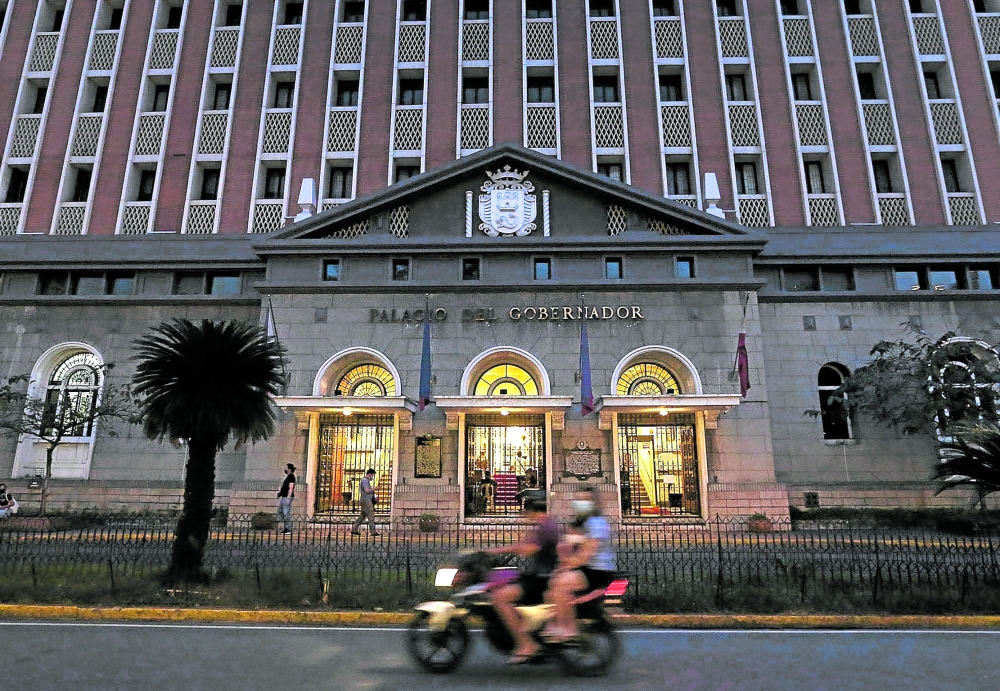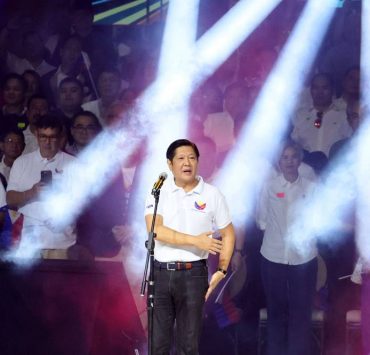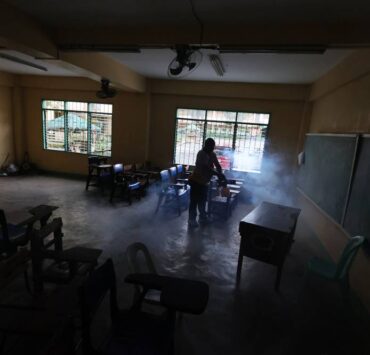‘Negative campaigning’ allowed but keep it ‘classy’

The Commission on Elections (Comelec) reminded candidates and their supporters that, while “negative campaigning” is allowed, they should keep it “classy.”
The poll body made this advice amid a brewing word war between the camps of President Marcos and former President Rodrigo Duterte in the course of the election campaign which began last week.
“Negative campaigning is allowed under the law,” Comelec Chair George Garcia said in a radio interview on Sunday. “But they may be liable for other laws, including libel or cyberlibel.”
Republic Act No. 9006, or the Fair Elections Act, as reiterated by Comelec Resolution No. 11086 for the midterm elections, expressly allows the publication or broadcast of political advertisements or propaganda both for and against any candidate or political party.
Garcia said that, based on their monitoring, it was not the candidates but their supporters who were hurling “harsh” and “unacceptable” accusations against their political opponents.
Freedom of expression
“The senatorial candidates are careful because they know that they are now under the Comelec’s jurisdiction. We told them to avoid delivering spicy speeches during political rallies, as these are not the perfect venues for them. They should remain respectful and classy in their campaigns,” he said.
Garcia, however, conceded that the Comelec did not have jurisdiction over Mr. Marcos and Duterte’s tirades against senatorial candidates, as these are part of their right to freedom of expression.
“They are similar to an ordinary citizen who expresses their support or opposition to a candidate. However, they can be held liable for other cases, or be investigated by other government agencies,” he explained.
“For the Comelec, we have almost no jurisdiction over the actions or words of the supporters of candidates, except when we are talking about the supporters using prohibited illegal campaign materials, or posting campaign materials in unauthorized places,” Garcia added.
2016 ad vs Du30
Days before the campaign period in May 2016 ended, the Taguig Regional Trial Court (RTC) issued a temporary restraining order (TRO) prohibiting broadcasting network ABS-CBN Broadcasting Corp. from airing a controversial political ad against then presidential candidate Duterte paid for by then Sen. Antonio Trillanes IV.
The petition for the TRO was filed by Sen. Alan Peter Cayetano, Duterte’s running mate.
According to the TRO penned by then Taguig RTC Executive Judge Lorifel Lacap Pahimna, minors in the 30-second ad were used in “black propaganda.”
“Thus, it must be suppressed at once, as repeated broadcasting of the same will be irreparably inimical to the children’s welfare and interest,” it stated.
The TRO also cited Section 2, Article 8 of the 2007 Broadcast Code, which mandates that “no program or sponsor shall be allowed to manifestly favor or oppose any candidate or political party.”

















